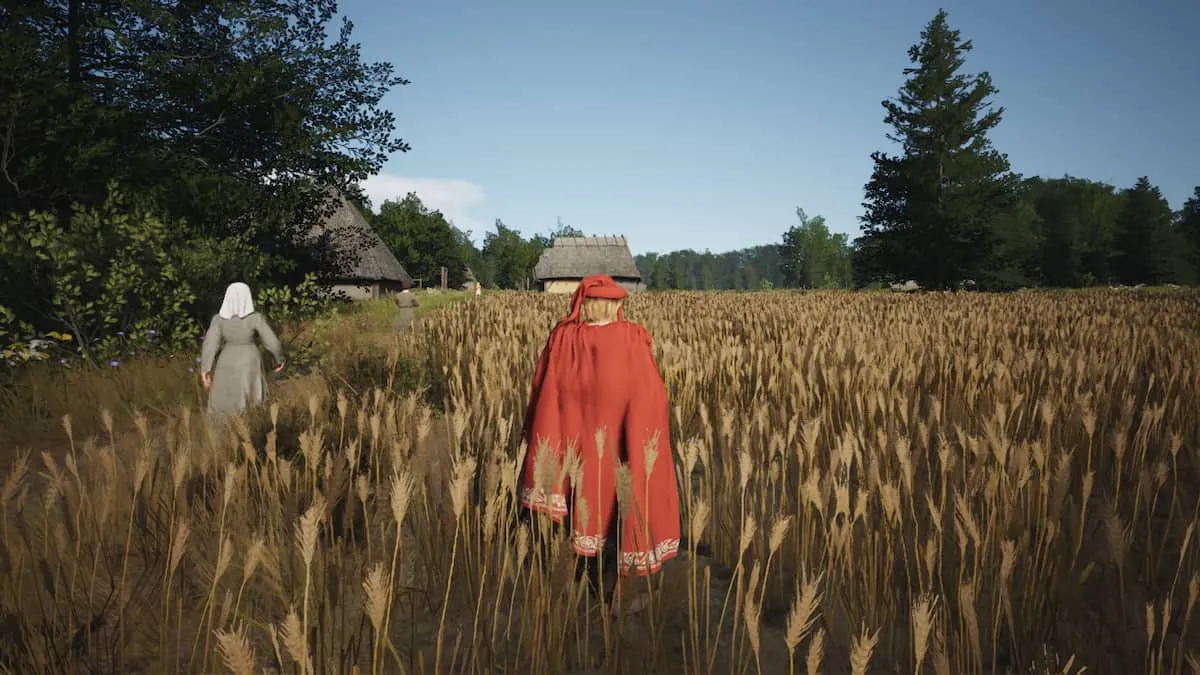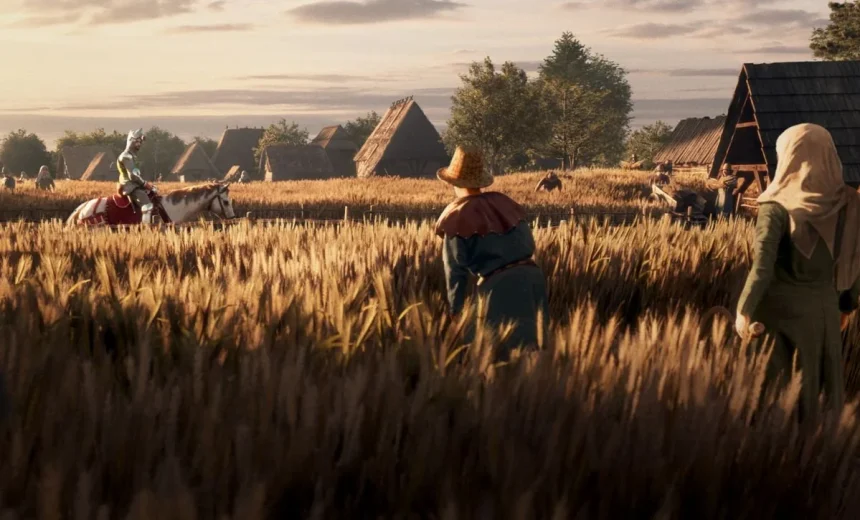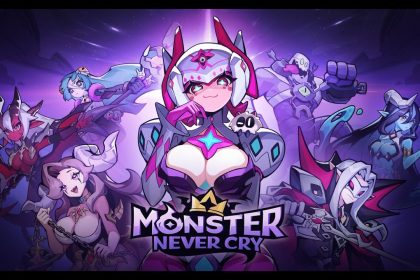In response to criticisms about Manor Lords being labeled as an “interesting case study in the pitfalls of early access,” Hooded Horse CEO Tim Bender defended the game and its development trajectory. He emphasized that not every game should aim to follow the live-service model, cautioning against the industry’s tendency to set unrealistic growth expectations.
Bender highlighted Manor Lords’ success, with over 250,000 copies sold recently, following an initial surge of two million copies in its first three weeks. He expressed satisfaction that players, developers, and the publisher are all content with the game’s progress.
Bender criticized what he termed a pervasive mindset in the gaming industry that demands constant growth and sets unsustainable benchmarks. He argued that such expectations often lead to stress and burnout among developers, advocating instead for a more balanced approach to game development and release.

His comments underscored the importance of maintaining mental and physical health for developers over the long term, rather than succumbing to external pressures.
Prior to Manor Lords’ release, Bender had advised the solo developer, Greg Styczeń, on navigating the challenges of early access. He encouraged Styczeń to focus on realizing his creative vision without being overly influenced by external commentary or market expectations.
Bender stressed the need for developers to preserve their creative integrity and mental well-being throughout the extended early access phase, highlighting the game’s eventual success as validation of this approach.
Bender called for a shift in industry attitudes towards game development, advocating for a more sustainable and supportive environment. He cautioned against perpetuating the cycle of unrealistic growth expectations and stressed the importance of maintaining a healthy work-life balance for developers.
Manor Lords’ journey, from initial release to ongoing development, serves as a testament to the benefits of prioritizing creative vision and developer well-being in the gaming industry.







